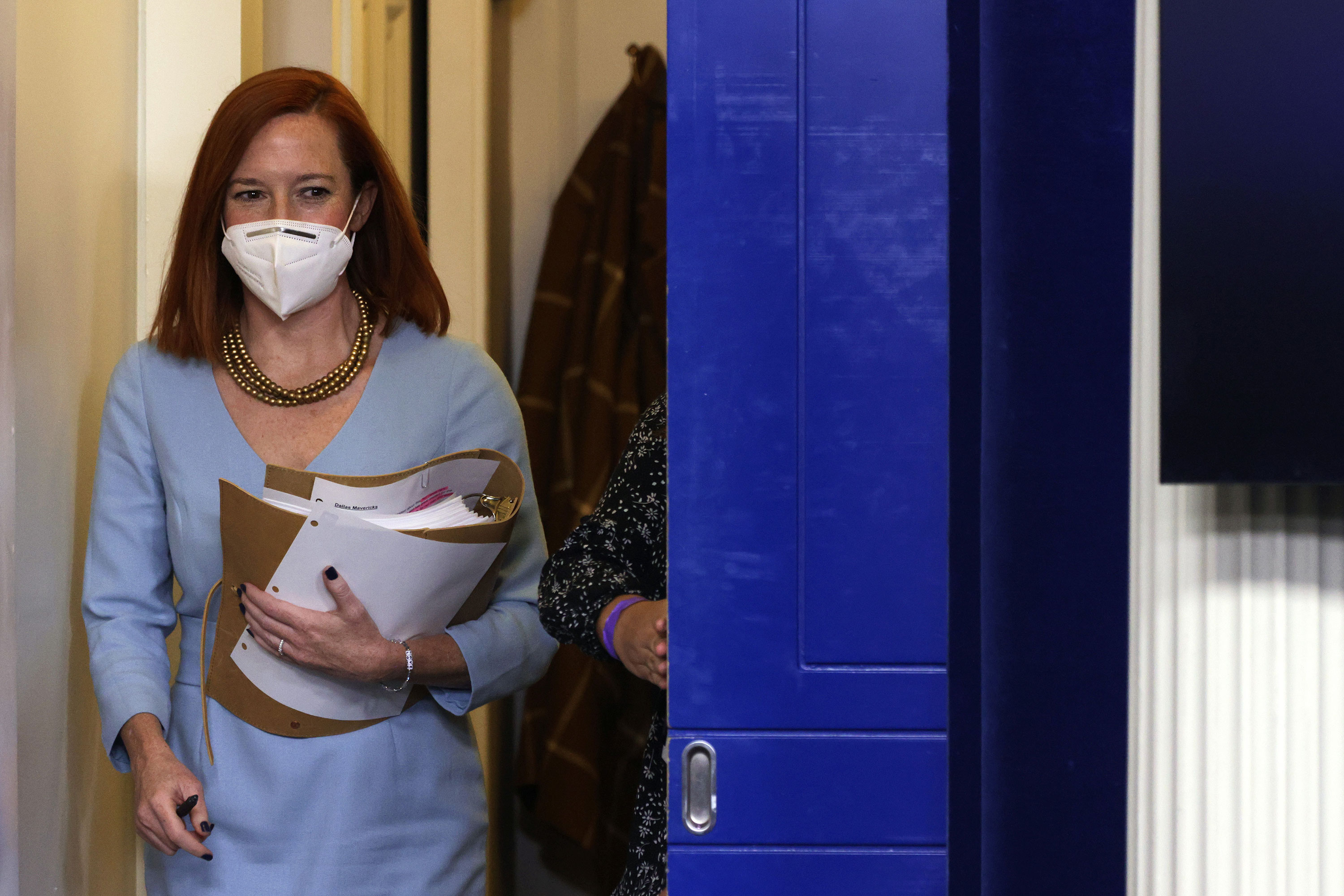
The World Health Organization’s recommendations for the use of Oxford / AstraZeneca
The Covid-19 vaccine, AZD1222, includes everyone aged 18 and over, including older adults.
At a briefing on Wednesday, Dr. Joachim Hombach, executive secretary of the WHO Strategic Advisory Group of Experts (SAGE) on Immunization said:
The immune response in people over 65 is almost the same as in younger people, and that makes us very confident. “
The new recommendations were published on Wednesday and note that there are some populations for which data are limited or not available – including children, pregnant women, lactating women and other groups. “Until these data are available, vaccination of individuals under 18 years of age is not recommended,” says the guide.
“The available data on vaccination of pregnant women with AZD1222 is insufficient to assess the vaccine’s effectiveness or the risks associated with the vaccine in pregnancy. However, it should be noted that AZD1222 is a vaccine without replication ”, he says. He added that “WHO does not recommend pregnancy testing before vaccination. WHO does not recommend postponing pregnancy because of vaccination.”
For women who are breastfeeding, the guidance says that “a breastfeeding woman who is part of a group recommended for vaccination, for example, health professionals, should receive the vaccine on an equivalent basis”. He also stated that he does not recommend stopping breastfeeding after vaccination
In the same briefing, WHO also recommended the Oxford / AstraZeneca vaccine in countries where variants of the coronavirus are circulating.
The group of expert consultants analyzed two aspects of the circulation of the variants in relation to the AstraZeneca vaccine, explained Cravioto, Dr. Alejandro Cravioto, president of the WHO Strategic Advisory Group of Experts (SAGE) on Immunization.
In the UK, Cravioto said the preliminary analysis showed slightly reduced effectiveness against the variant first identified there. The analysis also showed a limited reduction in neutralization titers, which means that the vaccine is still having a good effect in protecting people infected with this variant.
In South Africa, Cravioto said the preliminary analysis showed “a marked reduction” in the vaccine’s effectiveness against mild or moderate diseases in a variant identified for the first time. The analysis also showed a reduction in the levels of neutralizing antibodies. However, he said the study is small and does not allow the evaluation of the vaccine against serious infections. He noted that there is indirect evidence that there is still protection from serious illness.
Considering all these factors, we have recommended that even if there is a reduction in the possibility of this vaccine having a total impact on its ability to protect, especially against serious diseases, there is no reason not to recommend its use, even in countries that have circulation of the variant, ”said Cravioto.
